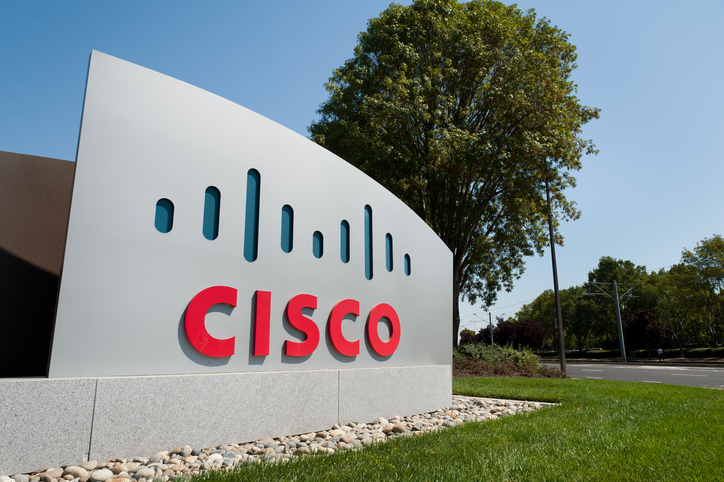It is now over ten years since software-as-a-service pioneer Salesforce.com was founded. In that time, its vision of delivering IT services from the web has moved from a maverick position to an industry obsession. Still, though, the number of software companies that have successfully switched from the on-premise model to the cloud can be counted on one hand, with digits to spare.
Microsoft was for long seen as the company most threatened by the advent of the cloud. But after a slow start, the company is now in the midst of a long-term cloud strategy: an online version of its Office desktop suite and a number of services such as email server Exchange and collaboration server SharePoint are now available through hosting partners or, in some cases, directly from Microsoft itself.
Interesting Links
Breaking the application chains – On-premise software vendors must grant customers the freedom to innovate if they are to prevent an exodus to on-demand applications in 2010
But one battlefront remains unguarded. This is the front with Salesforce.com itself, which represents Microsoft’s keenest competition when it comes to CRM deployments for medium-sized enterprises and corporate divisions. Microsoft’s CRM Live, which has yet to be launched in the UK, is targeted at the small-business end of the market.
That presents an opportunity for Avanade, a Microsoft-dedicated IT services company jointly owned by the software giant and Accenture, according to Julian Tomison who manages its applications business in the UK.
For its first decade, Avanade served as a traditional Microsoft reseller, with the twist that it would add Accenture’s intellectual property – in the form of best practices, software customisations and process designs – to its customer implementations.
In January 2010, however, it launched a hosted sideline named Avanade Online Services. The first of these is an on-demand version of Microsoft’s Dynamics CRM, managed by Avanade and hosted in Accenture’s data centres. (This is not to be confused with Microsoft’s own CRM Live, which Tomison says is a cut down version of the vendor’s full CRM application).
“We are going up against Salesforce.com all the time [for CRM sales],” Tomison says. By providing a hosted version of the CRM app, he says, “we’re providing another choice for the customer”.
Tomison insists that Avanade’s ambition is not a threat to its part owner Microsoft’s own on-demand strategy. “Microsoft believe they are going to see a big move to CRM [this year] and they are putting our offering forward to their enterprise customers,” he explains. “Basically they like anything that competes with Salesforce.com.”
So what makes Avanade think it can give the on-demand CRM pioneer a run for its money? Firstly, Tomison says, Microsoft technology has two innate advantages in its familiarity to users and the availability of IT staff with appropriate skills.
On top of that, he adds, “with Avanade Online Services we are bringing Accenture intellectual property to the market that Microsoft don’t have. For example, we’ve taken Accenture’s view of best practice of the insurance industry and built it into Dynamics CRM for our insurance clients.”
For Microsoft and Accenture, this strategy makes perfect sense; they need to make sure they have some skin in the enterprise SaaS game, and operating through a joint venture allows them to hedge their bets. Whether a company as little known as Avanade can seriously threaten Salesforce.com’s runaway success in the hosted CRM space remains to be seen, however.
It is Avanade’s next step that may prove more disruptive. Market demand permitting, the company plans to offer in future an online version of Microsoft’s enterprise resource planning (ERP) application AX.
The on-demand ERP market is still for the taking. And while some analysts argue that the core nature of ERP processes renders the application unsuitable for the cloud, a generation of expensive and inflexible deployments has customers hungry for a more cost-effective model for ERP procurement. Avanade’s AX offering might help Microsoft catch the next wave of cloud applications rather earlier than it did the last.










